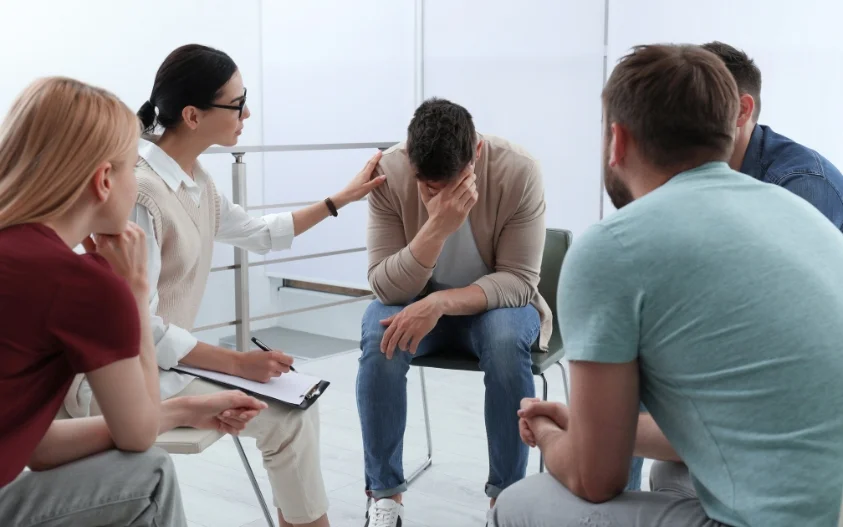24/7 Helpline:
(866) 899-221924/7 Helpline:
(866) 899-2219
Learn more about PTSD Treatment centers in Alanreed
PTSD Treatment in Other Cities

Other Insurance Options

WellCare Health Plans

BHS | Behavioral Health Systems

Humana

Sutter

ComPsych

BlueCross

Optima

Lucent

UnitedHealth Group

GEHA

Molina Healthcare

Access to Recovery (ATR) Voucher

Highmark

Group Health Incorporated

Anthem

PHCS Network

Providence

Meritain

Cigna

Evernorth















